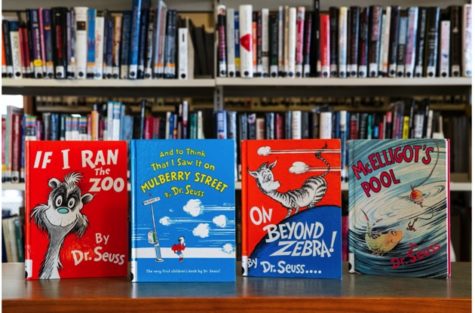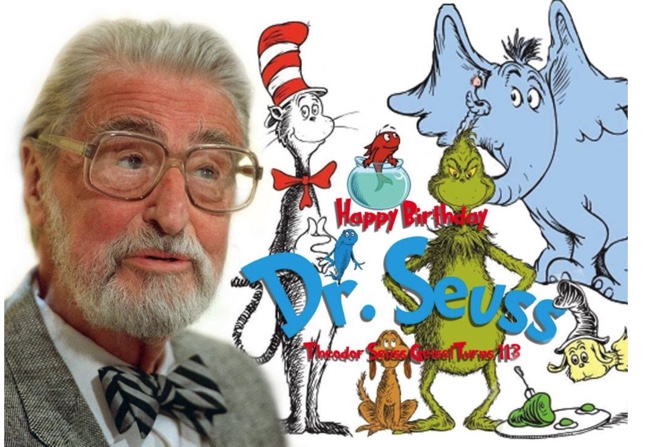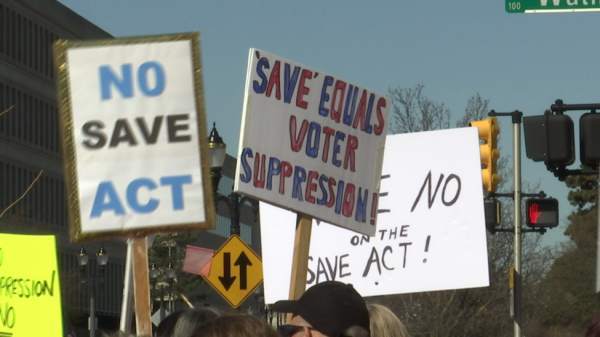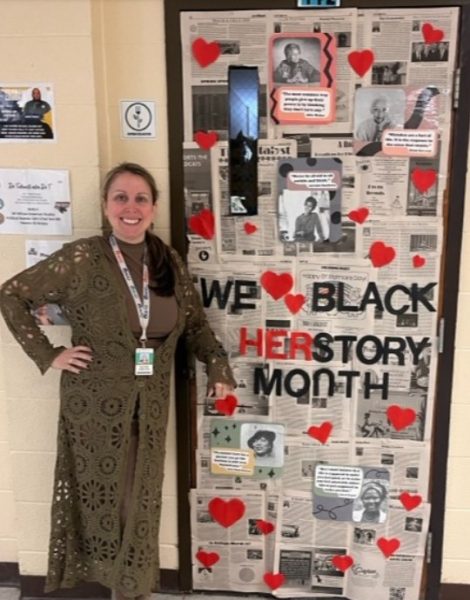Six Dr. Seuss Books No Longer Published Due to Racist Imagery
On March 2nd, Dr. Seuss Enterprises announced that 6 of Dr. Suess’s books would no longer be published. Their reasoning was “These books portray people in ways that are hurtful and wrong”, they told The Associated Press. The “hurtful and wrong ways” people are portrayed in the books come from the stereotypes and racist imagery depicted in the books. The books that will no longer be published are, “On Beyond Zebra!,” “The Cat’s Quizzer,” “Scrambled Eggs Super!,” “McElligots Pool,”. Along with these, two more notable books affected are, “If I Ran the Zoo,” and “And to Think That I Saw It on Mulberry Street”.
These books were all discontinued in an attempt by Dr. Seuss Enterprises to make all of the Dr. Seuss books representative of all communities. Our culture is always changing, so what may have been considered acceptable when the books were written may be very different from what is considered acceptable now. This is why the books are just now being addressed. Darren Stewart, a student at wheeler, gave his opinion saying, “I don’t entirely agree with the decision, but if people were offended by it, and this is the route they decided to take… I’m okay with it.”
Following this news, Dr. Seuss’s book sales grew massively, many people wanted to get their hands on a copy of the discontinued books. However, it wasn’t just those books that had increased sales, many of Dr. Seuss’s most popular books had a surge in sales, many going out of stock on Amazon shortly after the news. This surge is a big part of the 34% increase in sales from the book industry.
This is a good example of “any press is good press”. This news, perhaps because the decision made Dr. Seuss Enterprises look very good and, seemingly care about their audience, brought sales up much higher than they have been in recent years for the company. This was most certainly not a stunt by the company, but it did benefit them very well, having their sales increase massively, and the books that were discontinued were among the lowest sellers from the author.
However there was a downside to this news as well, the announcement created a lot of controversies, and rumors began to spread rapidly. One notable rumor was that a Virginian school district would be banning Dr. Seuss’s books entirely. This rumor was spread all over social media and seemed believable, however, the school district in question denied this accusation. This, combined with many other rumors and angry people on social media caused many to think Dr. Seuss was being “canceled” entirely. To cancel someone is to end their career and make their name and work almost taboo. This, however, was also false, not only can you not end a dead man’s career, but only the 6 aforementioned books were under fire. The decision came from Dr. Seuss enterprises themselves, meaning they could not have been canceled by the masses. Many people were upset by the imagery found in the books, and reasonably so, however, it is important to remember the time in which the books were written. Dr. Seuss meant no harm with the images, it is just an instance of two contrasting times. Victor Garcia from Wheeler says that “(Dr. Seuss) should be left alone because it is disrespectful” saying, “what else can a dead person do.”
Controversies on social media after the announcement were at a high. Many people were outraged, thinking Dr. Seuss was completely canceled, thinking that was ridiculous. More recently, people have been comparing the Dr. Seuss books to vulgar language in modern pop songs along with their music videos. One user saying “The lyrics to (WAP) are more welcome in some schools than Dr. Seuss books… just let that sink in for a minute.” Comments like these can show the danger of social media, and just how fast information can spread. This comment and many others like it presumably were referring to the false statement that Dr. Seuss would be banned in the aforementioned Virginian school district. However, these users were misinformed, and continue to misinform others.
Social media can be a dangerous place to get information, but it can also serve as a platform for people’s voices. At the same time as these controversies went on, a conversation about cancel culture spread throughout social media. Many say it is too harsh on others, or that you should not try to cancel somebody that is dead. Jeffery Felshaw, a student at Wheeler says “I think cancel culture doesn’t belong in our society because often people get canceled for a thing that happened a long time ago. That doesn’t reflect a person’s character in present-day” he also thinks that, “A dead man shouldn’t be canceled. People that have done things in a different time where social rules were different should not be canceled in the future”
There are other examples of beloved books having what is considered racist imagery, and they are still being used today. These books such as “Peter Pan,” “Tom Sawyer,” “Nancy Drew,” and “Dr. Doolittle.” Have all been either revised, or had controversies surrounding them in the past, yet they are still read today.
This fact proves that problematic books should be left to the reader and the decisions of the company itself. Dr. Seuss himself is not canceled. However, the conversation surrounding the topic is one only readers can form an opinion on. There is no solid answer to whether or not something is too harmful to be left in the media, so it is important to make independent decisions.

Four of the books that won’t be published anymore



